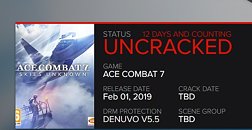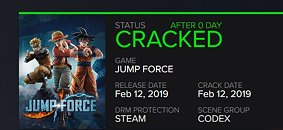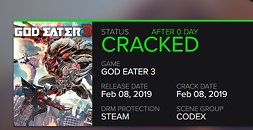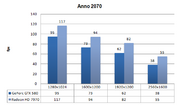
Helldivers 2 Technical Director Addresses Anti-Cheat Concerns
Hi everyone, my name is Peter Lindgren and I'm the Technical Director of Helldivers 2. I've been making games at Arrowhead since the Magicka days and I've been involved in every game we've released to date. I will do my best in this post to address the concerns and confusion that's come up recently regarding the choice of Anti-Cheat software in Helldivers 2. So, let's start off with the more urgent questions:
Is GameGuard a kernel-level / administrator-priviledge anti-cheat?
Yes, GameGuard is a "kernel-level", aka rootkit, anti-cheat. Most anti-cheat run at "kernel-level", especially all of the popular ones. It's unfortunately one of the more effective ways to combat cheating. There are some anti-cheat systems that can run in "user-mode," but they are much less effective and tend to be cracked very quickly, resulting in widespread cheating.
Is GameGuard a kernel-level / administrator-priviledge anti-cheat?
Yes, GameGuard is a "kernel-level", aka rootkit, anti-cheat. Most anti-cheat run at "kernel-level", especially all of the popular ones. It's unfortunately one of the more effective ways to combat cheating. There are some anti-cheat systems that can run in "user-mode," but they are much less effective and tend to be cracked very quickly, resulting in widespread cheating.






















